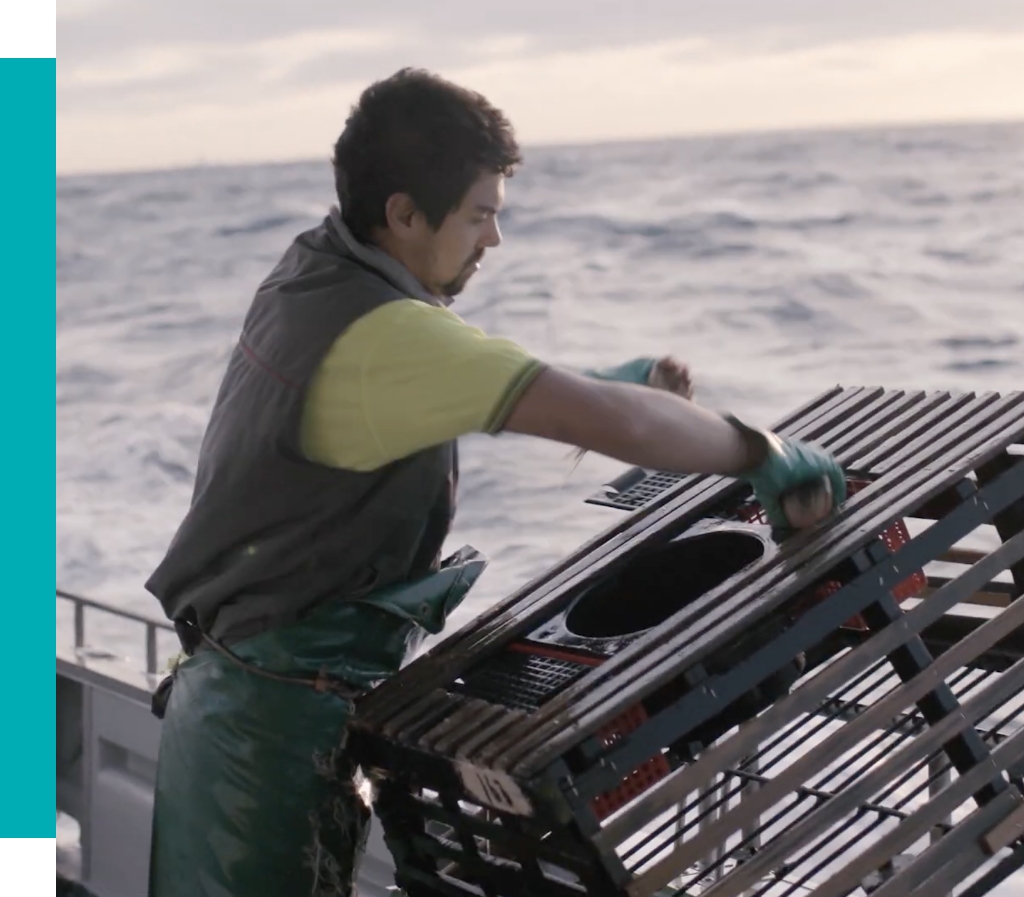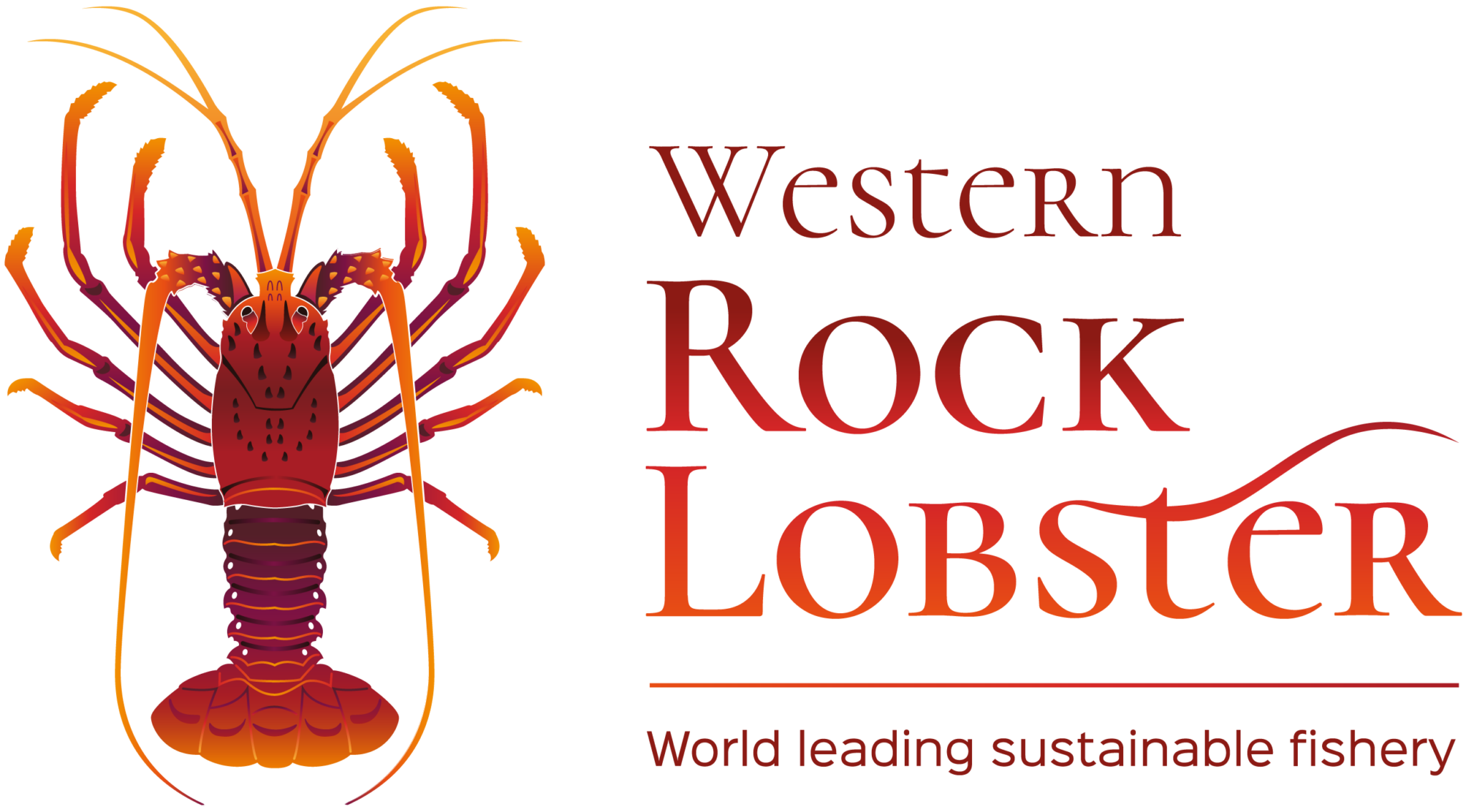Certification and Recognition
Sustainability
In the year 2000, the Western Australian Rock Lobster fishery achieved a historic milestone by becoming the first fishery in the world to be certified as ecologically sustainable by the Marine Stewardship Council (MSC). This prestigious certification recognized the industry’s commitment to high environmental values and sustainable practices.
Over the past 22 years, we have remained dedicated to upholding this accreditation, and we are pleased to celebrate the 22nd anniversary of our certification. This achievement serves as a testament to our industry’s ongoing commitment to sustainable fishing practices and positions us as a global benchmark for ecological sustainability.
The MSC Fisheries Standard serves as a comprehensive framework for assessing fisheries’ management and sustainability practices. It incorporates the latest scientific knowledge and internationally accepted principles to ensure the health and long-term viability of fish stocks. To achieve certification, a fishery must demonstrate effective management of targeted stocks, minimise its impact on the environment and other species, and implement robust resource management measures.

Western Australia Rock Lobster: celebrating 25 years of MSC certified lobster
In March 2000, Western Australia rock lobster became the first MSC certified fishery in the world. 23 years later, the fishery is thriving and continues to manage its stocks sustainably.
Achieving Five Successive Certifications
We are proud to announce that the Western Rock Lobster fishery has accomplished the remarkable feat of being certified to the MSC Fisheries Standard for a fifth successive time in November 2022. This achievement underscores our industry’s unwavering commitment to sustainable fishing practices and responsible resource management.
Environmental Benefits and Industry Collaboration
The implementation of sustainable practices, such as the transition to quota-based management, has resulted in numerous environmental benefits within the Western Rock Lobster fishery. These include the successful rebuilding of lobster stocks to record levels, reduced interactions with marine mammals like whales, improved management of bycatch, and significant reductions in fuel consumption and bait usage.
Achieving and maintaining sustainable practices in our fishery is a result of the collaborative efforts between industry, government, industry stakeholders, and the wider community. We believe in an integrated fishery co-management approach that fosters effective communication and cooperation for the benefit of the resource, the industry, and the local community.
Commitment to Continual Improvement
The Western Rock Lobster fishery remains dedicated to a path of continual improvement to ensure the long-term sustainability of our precious lobster resource. Through ongoing research, engagement with government bodies and scientists, and active participation in best practice initiatives, we strive to enhance our operations and maintain our industry’s sustainability credentials.
Looking Ahead
As we celebrate 22 years of MSC certification, we remain steadfast in our commitment to sustainable sourcing and responsible fishing practices. By securing access to the resource and implementing wise catch methods, we are confident that the Western Rock Lobster fishery will continue to provide substantial benefits to the people of Western Australia for generations to come.
